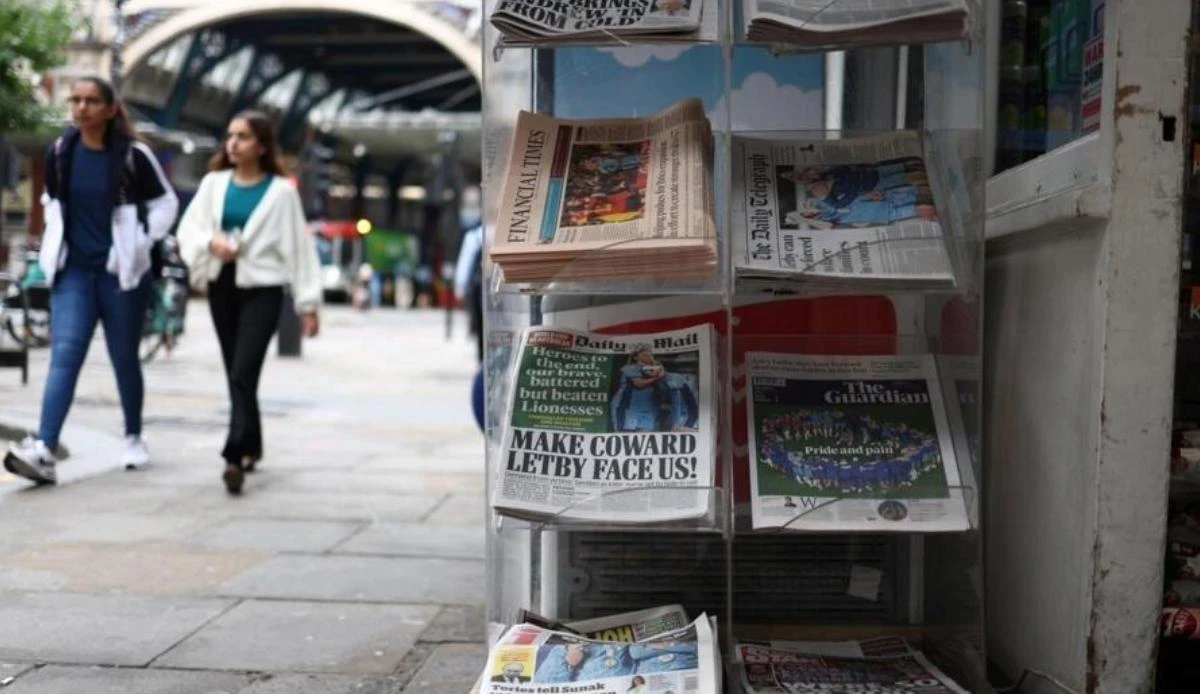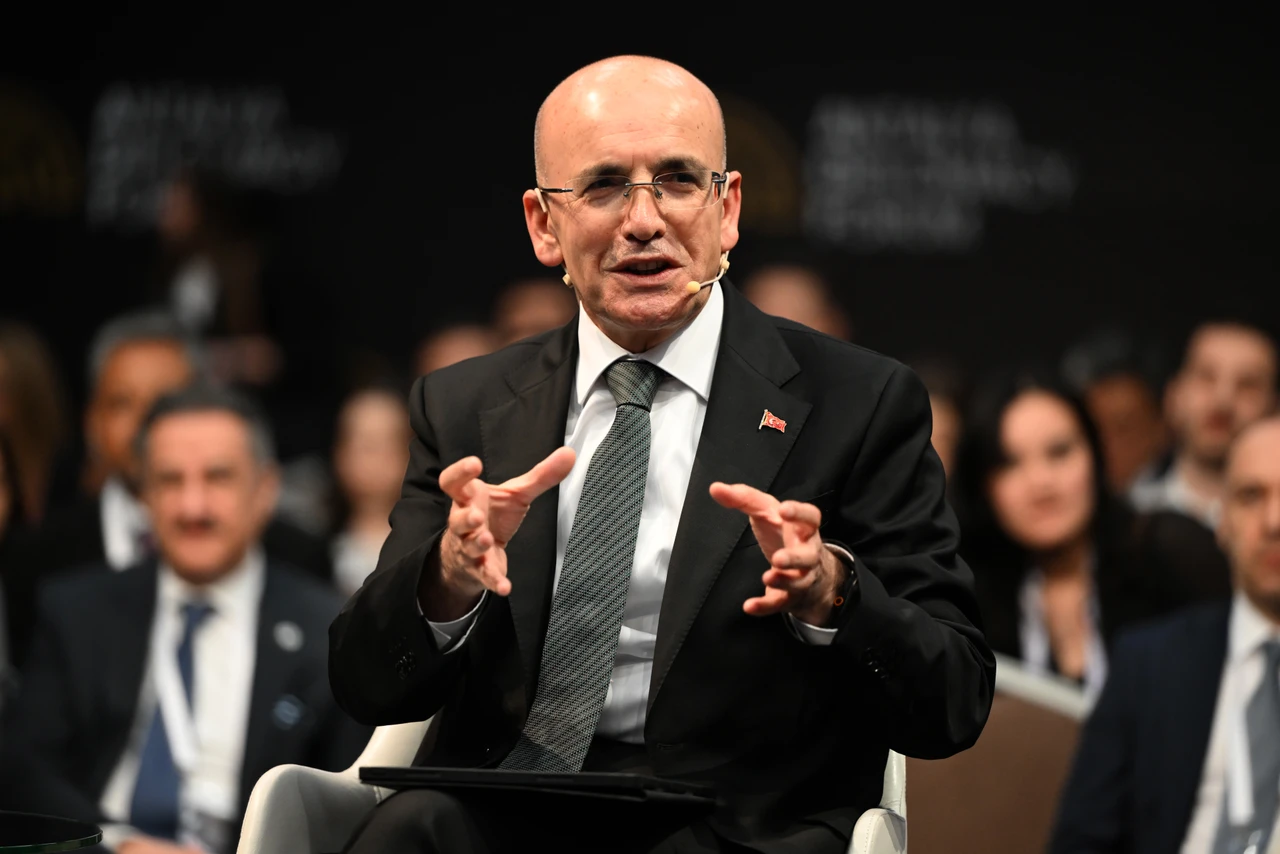UK government moves to bar overseas governments from owning British newspapers

UK announces plans to ban foreign governments from owning shares in British publications, potentially halting the controversial offer for the Telegraph Media Group, backed by Abu Dhabi
The UK government made a major announcement on Wednesday, saying that it will prohibit foreign governments from owning shares in British publications. The contentious offer for the Telegraph Media Group, backed by Abu Dhabi, may be derailed by this action.
The media minister, Stephen Parkinson, made the statement during a House of Lords upper chamber session. According to Parkinson, the Conservative administration will change the law that was being considered in order to forbid foreign states from owning newspapers.
A government spokesman stated that this move aims to enhance safeguards for a free press, which is considered an essential component of democracy.
Responding to growing criticism, Sheikh Mansour bin Zayed Al Nahyan, the vice president and deputy prime minister of the United Arab Emirates, made the decision to purchase the Daily Telegraph newspaper and Spectator magazine through the joint venture majority-owned by him.
In November, the Barclay family, the owners of TMG, and RedBird IMI, a joint venture between RedBird Capital, a US corporation, and International Media Investments, an Abu Dhabi company, reached an agreement for £1.2 billion. As stipulated in the agreement, RedBird IMI assumed control of the media organization after the bank obligations were settled.
The UK government launched a formal inquiry into the transaction on the basis of public interest after the news of this purchase caused significant disquiet in British media circles.
Even within the governing Conservative party, which has long had tight relations with the right-leaning Telegraph titles, some legislators are uneasy about the acquisition plans. Boris Johnson, a former Tory prime minister and vocal Brexit supporter, previously managed The Spectator, widely considered the “Tory bible.”
Andrew Neil from The Spectator praised the government’s statement as a positive move but criticized the timing, stating that legislation of this nature should have been enacted earlier.
In addition to Telegraph employees, press freedom groups, who have expressed concerns about the UAE’s history of press suppression, have opposed the planned purchase.
When asked about their purpose, a government spokesman cited the Telegraph purchase as the impetus for the reforms. The modifications specifically aim to prohibit foreign states from controlling, influencing, or owning newspapers and periodical news publications.
The Digital Markets, Competition, and Consumers Bill will undergo its third and final reading the following week. Upon receiving royal assent, these revisions are expected to take immediate effect. It is interesting, however, that broadcasters will be exempt from the restriction.
Sheikh Mansour, who also owns Manchester City, is the primary owner of RedBird IMI, the main investor in the planned transaction. Jeff Zucker, the current CEO of RedBird IMI and former president of CNN, has highlighted Mansour’s role as a passive investor, portraying the acquisition as being conducted by Americans.
According to reports, the changes would permit foreign governments to have minority stakes in newspapers and magazines, which might pave the way for RedBird to submit a revised proposal that lowers the UAE’s holding.
Source: AFP



